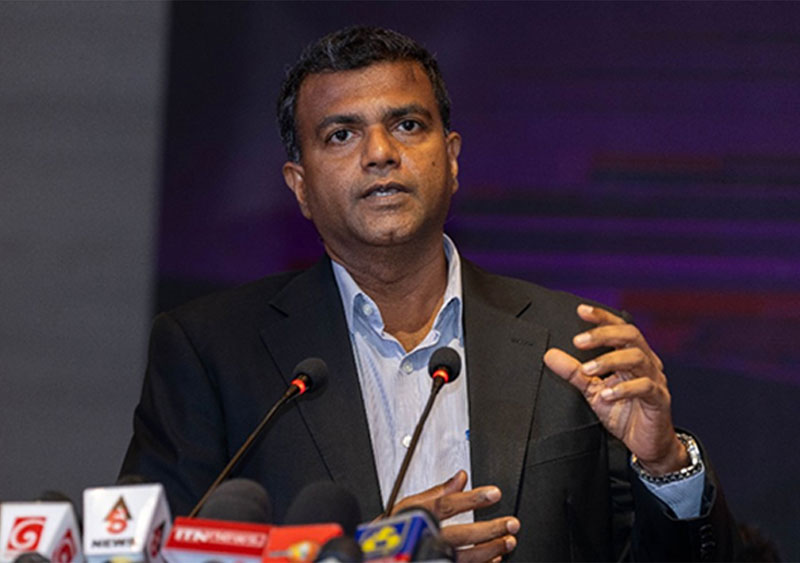
The new 15% tax on service exports applies to those earning profits by providing services abroad, Deputy Finance Minister Harshana Suriyapperuma said.
Addressing misinterpretations of the new regulation, the Deputy Minister clarified that salaries will not be directly taxed under this policy.
“For example, a YouTuber’s business expenses are deducted from his income, and the capital allowance calculation is made by the Inland Revenue Department, and therefore only the profit will be taxed,” he explained during an interview.
He also highlighted that Sri Lanka has signed double taxation treaties with over 40 countries, ensuring that taxes paid in those countries will not be taxed again in Sri Lanka.
“Our analyses have shown that most of these countries levy taxes far above Sri Lanka’s 15%. Therefore, if taxes are deducted by those countries, we won’t tax them any further,” the Minister said.
The foreign exchange income from exported services will now be taxed, ending a longstanding exemption, the Sunday Times reported.
“The concessionary tax rate of up to 15% for individuals and a flat 15% for companies will come into effect on April 1, 2025, after being approved by Parliament,” Nihal Wijewardana, Senior Deputy Commissioner of the Inland Revenue Department (IRD).
According to Wijewardana, export service income refers to income earned from services rendered or performed by an individual or company in Sri Lanka or abroad, provided the service is used outside of Sri Lanka.
Common examples of such services include back-office support, IT services, financial consulting, architecture, marketing, logistics, customer service, and accounting. Freelancers should note that income from multiple overseas clients is classified as business income, allowing them to deduct expenses, including capital allowances.
Taxation breakdown:
• Business profits exceeding Rs. 1.8 million annually will be taxed.
• The first Rs. 1 million is taxed at 6%, while the remainder is taxed up to 15%.
• Companies will be subject to a flat 15% tax.
• Local earners face a progressive tax of 6% to 36%.
Concerns were raised that migrant workers might be affected, but Mr. Wijewardana clarified that they are exempt. The Inland Revenue Act differentiates between residents and non-residents, meaning Sri Lankans working abroad are considered non-residents, and their remittances will not be taxed.
Under the new policy, previously unregistered individuals earning foreign income must now register for taxation. The IRD has strengthened tax enforcement, with interest and penalties applicable for non-compliance.“Anyone receiving an income locally and not paying taxes is committing a crime,” Mr. Wijewardana emphasised. (Newswire)
